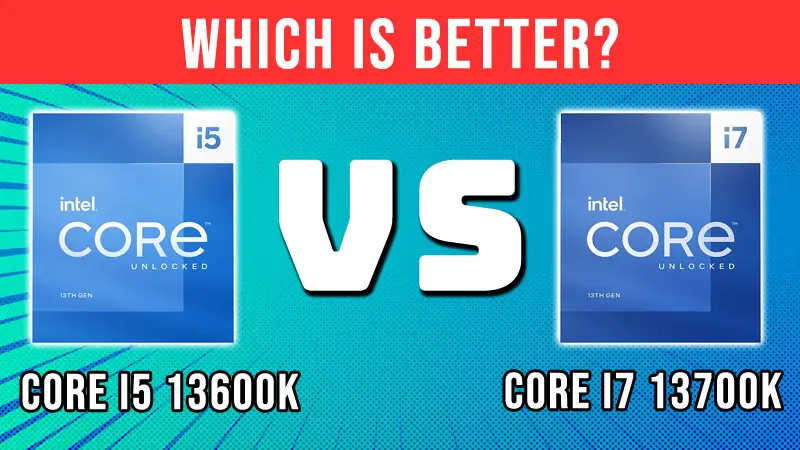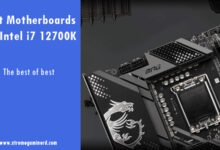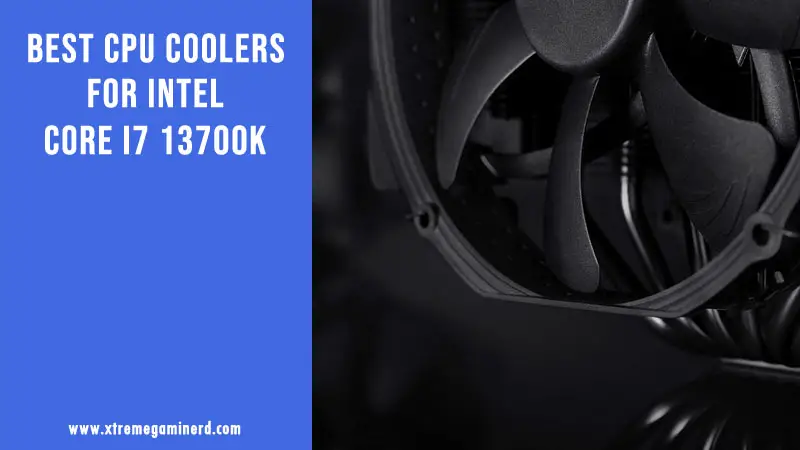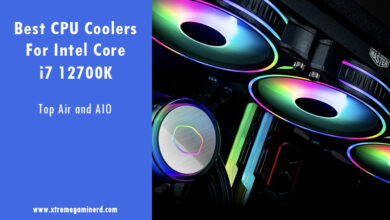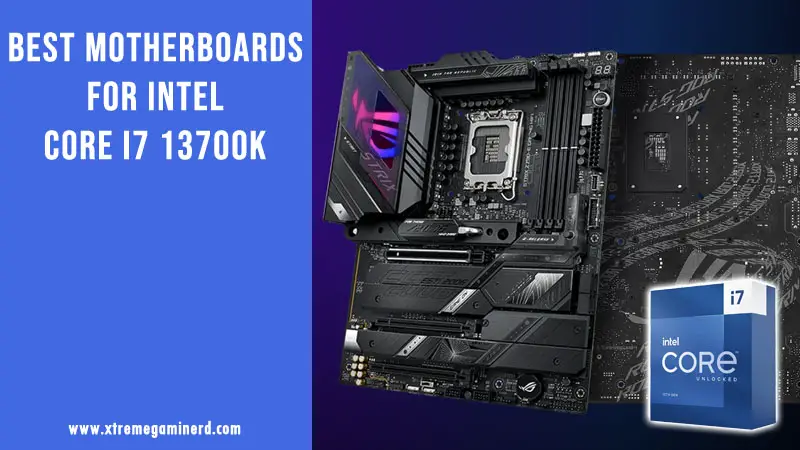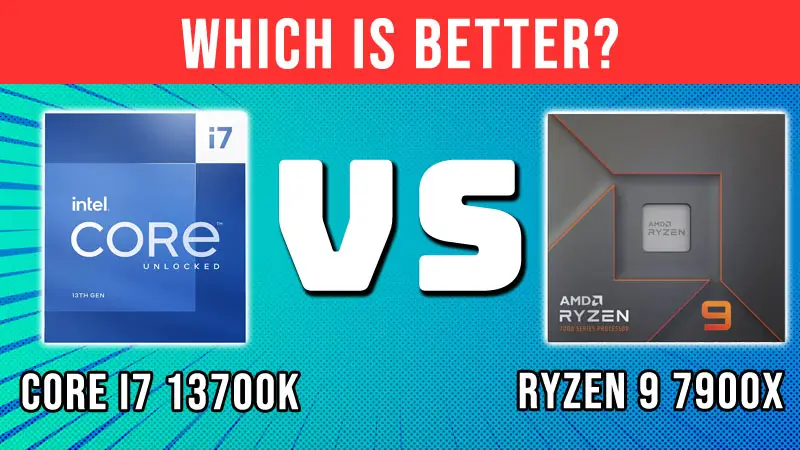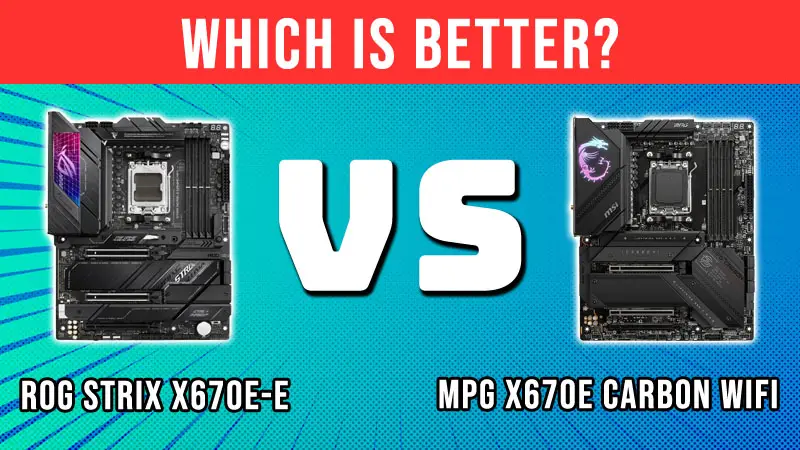Intel Core i7 CPUs are always the enthusiast’s choice for building a high-end gaming and productivity computer. Every generation, we get better and better i7 CPUs and with the launch of Raptor Lake CPUs, we are seeing the greatest performance Intel has to offer.
Even though the i7 12700K was performing well, it got outperformed by the Ryzen 7 7700X for an equal price. Intel made a comeback and surprised AMD with the Core i7 13700K but unlike AMD, Intel made some significant improvements.
In this post, we are going to look at how good the 13700K is compared to the 12700K and we will consider factors like Specs, Compatibility, Gaming/Application performance, Thermals, Power efficiency, and Value for the price.
Specifications Difference
SPECS | Intel Core i7 13700K | Intel Core i7 12700K |
Code Name | Raptor Lake | Alder Lake |
Lithography | Enhanced Intel 7(10nm) | Intel 7(10nm) |
Socket | LGA 1700 | LGA 1700 |
Cores/Threads | 16/24 | 12/20 |
Clock Speeds | 2.5-4.2GHz/3.4-5.3GHz | 2.7-3.8GHz/3.6-4.9GHz |
L2/L3 Cache | 24/30MB | 12/25MB |
TDP | 125W-253W | 125W-190W |
Integrated Graphics | Yes | Yes |
Intel Raptor Lake CPUs are made on the enhanced Intel 7 compared to the standard Intel 7 process node of the Alder Lake CPUs. The core count of the 13700K has now increased to 16 from 12.
Both CPUs bring a Hybrid architecture that comprises Performance and Efficient cores. The 13700K features double the Efficient cores of 12700K and this increases the total threads to 24. However, the Efficient cores don’t bring any hyperthreading, only the Performance cores do and there is no increase in Performance cores on the 13700K.
This is right now the biggest difference between the two. There are some more noticeable differences like more double L2 cache memory and more L3 cache memory on the 13700K that theoretically makes it faster in performance.
The power consumption is also increased and now we are seeing the highest-ever TDP on Maximum Turbo Power. It is almost 33% more than the 12700K.
No products found.
Motherboard Compatibility
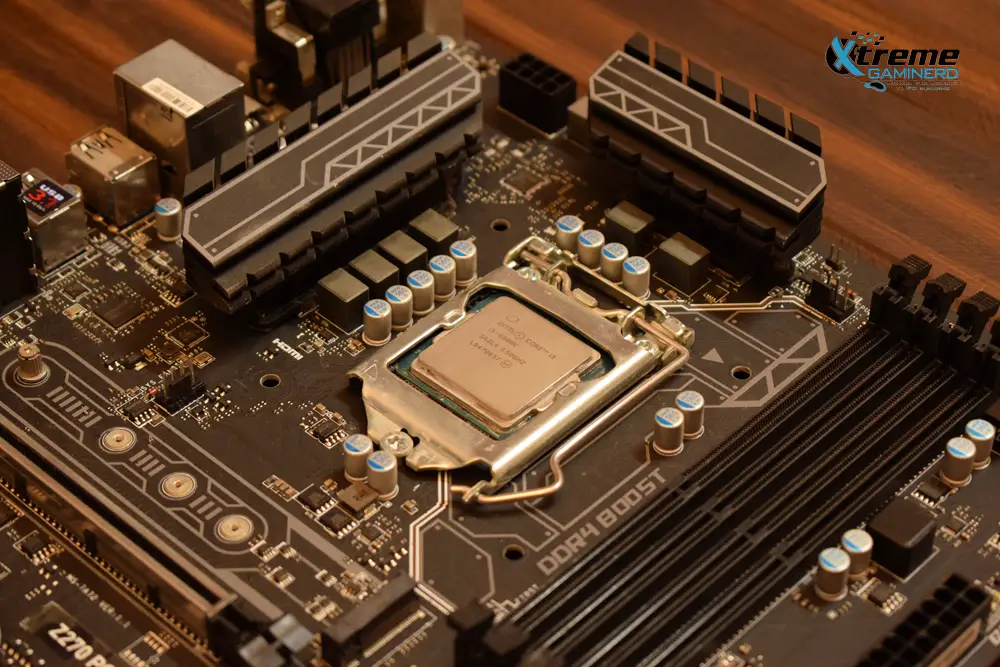
Intel launched the LGA 1700 socket for both the Alder and Raptor Lake CPUs when it launched the 12th gen CPUs. So, by default, the 13700K and 12700K will be compatible with LGA 1700 motherboards.
The first batch of motherboards included the 600 chipsets like H610, B660, Z690, etc. The second batch of motherboards for the Raptor Lake CPUs includes the 700 chipsets. As both CPUs are overclockable, they can only be overclocked on Z690 and Z790 chipset motherboards.
You can still use them on any 600 or 700 chipsets and there shouldn’t be any incompatibility issues. Some 600 chipset motherboards that were bought before the launch of Raptor Lake CPUs might need a BIOS update though.
RAM Compatibility
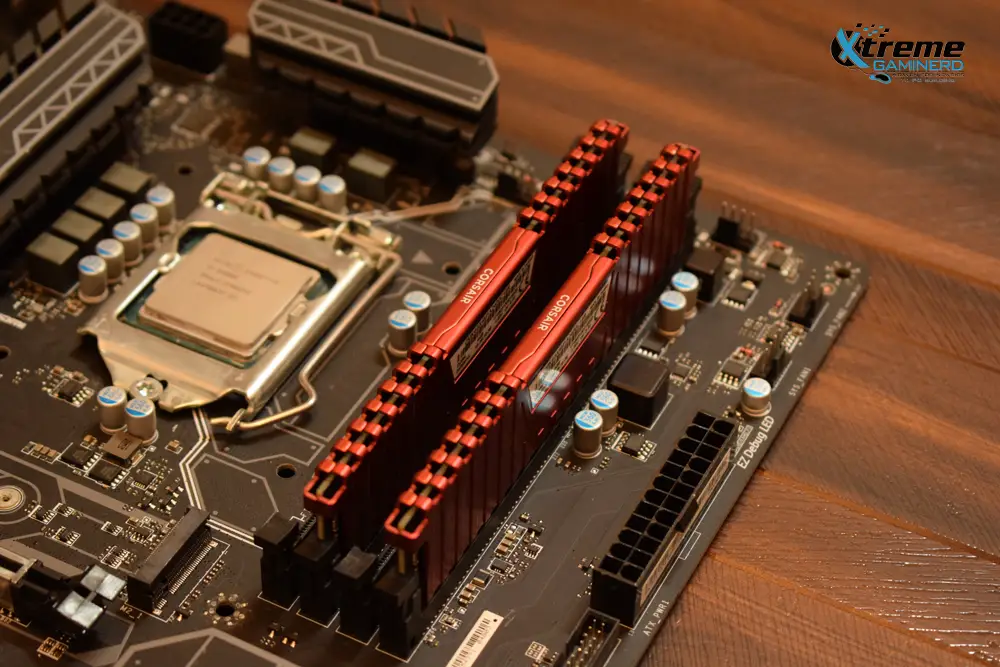
Core i7 12700K supports both DDR4 and DDR5 memories. Initially, Intel was planning to ditch DDR4 support for the Raptor Lake but it retained the support maybe fearing the competition from Ryzen 7000 that can’t support DDR4.
As DDR4 and DDR5 memory pin cutouts are at different locations, you will find either DDR4 or DDR5 edition motherboards. This gives users a choice to choose between the two where the DDR5 platform will cost overall more.
Also, the support for DDR5 memory on the 13700K is a little better with the default frequency support of 5600MHz compared to 4800MHz on the 12700K.
Gaming And Applications Performance

To compare two processors, not only do we need the theoretical data but we also need real-world benchmarks. As the i7 12700K and 13700K are both high-end CPUs, most users are getting either of these for high-end gaming and productivity.
Comparing the two CPUs just by looking at the numbers from a single source won’t tell the whole picture and won’t be very accurate as different setups, testing methodologies, and environments affect the performance a lot. Therefore, we are going to consider at least three reliable sources to compare the gaming and application benchmarks.
For this test, we are taking Tomshardware((https://www.tomshardware.com/reviews/intel-core-i7-13700k-cpu-review)), Techspot((https://www.techspot.com/review/2554-intel-core-i7-13700k/)), and Techpowerup((https://www.techpowerup.com/review/intel-core-i7-13700k/)) as we always do for comparing processors. This time we don’t have any dedicated review of the i7 13700K from Gamers Nexus, so, we are only taking these three.
In gaming tests, the results vary from source to source and the highest gap between their gaming performance is according to Toms where the 13700K outperforms the 12600K by around 15% when 1080, 1440, and 4K resolutions are considered together . Techspot gets an average of 6% increase in performance while Techpowerup has the least difference of around 2.5% . It should be noted that each resolution shows a different performance gap but no two tests are similar.
In productivity, things are pretty obvious as the 13700K features significantly better specs which do help in CPU-oriented applications. Even though in many apps, the results across the sources vary, they are still one-sided.
The 1 3700K is around 32% faster in Blender, 7% and 31% faster in Cinebench R23 rendering in single-core and multi-core tests respectively, 29% faster in compression, 37% faster in decompression, and 26% faster in media encoding . Results in Adobe Premiere Pro and Photoshop are so far away that it does not make any sense to calculate their averages. One test shows 7% faster performance in Premiere Pro while the other shows 38%. Photoshop results also suffers from the same non-uniform numbers.
Thermals And Power Consumption
Measuring the temperature and comparing them is the most difficult or we can say very inaccurate as every source has its own methodology and testing environment. Therefore, we cannot calculate the average from all the sources. Also, most reviews don’t consider comparing the thermals of different processors because they would have to test each and every processor again and again whenever they want to test a new processor.
Thankfully, Techpowerup has a decent comparison chart that we can refer to, and here we are seeing a drastic difference in thermals. Under full load while running Blender using a Noctua NH-U14S, the i7 13700K reaches 102C while the 12700K stays in 70s . The temperature drops down to 70s on the 13700K in gaming as the load is significantly reduced and the 12700K shows even better thermals that don’t even touch 60C . That’s why we recommend getting a premium cooling solution for the 13700K.
Power consumption is again showing that the 13700K is really power-hungry and consumes 45% more power than the 12700K in Blender multi-threaded test. Toms and Techspot both show an average of 37% more power consumption using the same application .
Value For The Price
To understand which processor will be better in terms of value for the price, we have to consider all the factors explained above. As the i7 12700K was launched at around $450, the 13700K easily becomes a better-value CPU at $420.
However, currently, the i7 12700K can be found for around $350 which is 28% lower price compared to its original MSRP and 20% lower price to the current pricing trend of 13700K. Considering this in mind, the 12700K looks as good as the 13700K but way better if we take thermals and power consumption into account .
This is why just going by the performance numbers can mislead you. We must check out every related aspect of the comparison to see which is the true winner.
Final Words
To me personally, the 12700K is as good as the 13700K but even better at the current price trend as it doesn’t run that hot and consumes less power. The 13700K is also a beast that kills the 12700K if both were at the same price.
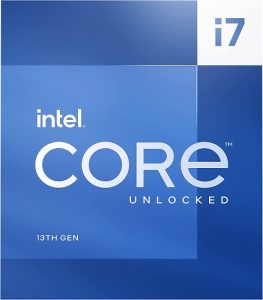
Reasons To Buy Core i7 13700K
[wp-svg-icons icon=”thumbs-up” wrap=”i” color=green] More cores/threads
[wp-svg-icons icon=”thumbs-up” wrap=”i” color=green] Better DDR5 compatibility
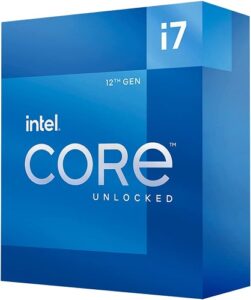
Reasons To Buy Core i7 12700K
[wp-svg-icons icon=”thumbs-up” wrap=”i” color=green] Better value for money at $350
Related:
- Intel Core i5 13600K vs Core i5 12600K
- Intel Core i5 13600K vs Core i9 12900K
- Intel Core i5 13600K vs Core i7 13700K
- Intel Core i5 13600K vs Core i9 13900K
- Intel Core i5 13600K vs Ryzen 5 7600X
- Intel Core i5 13600K vs Core i7 12700K
- Intel Core i7 13700K vs Core i9 13900K
- Intel Core i7 13700K vs Core i9 12900K
- Intel Core i7 13700K vs Ryzen 7 7700X
- Intel Core i7 13700K vs Ryzen 9 7900X
